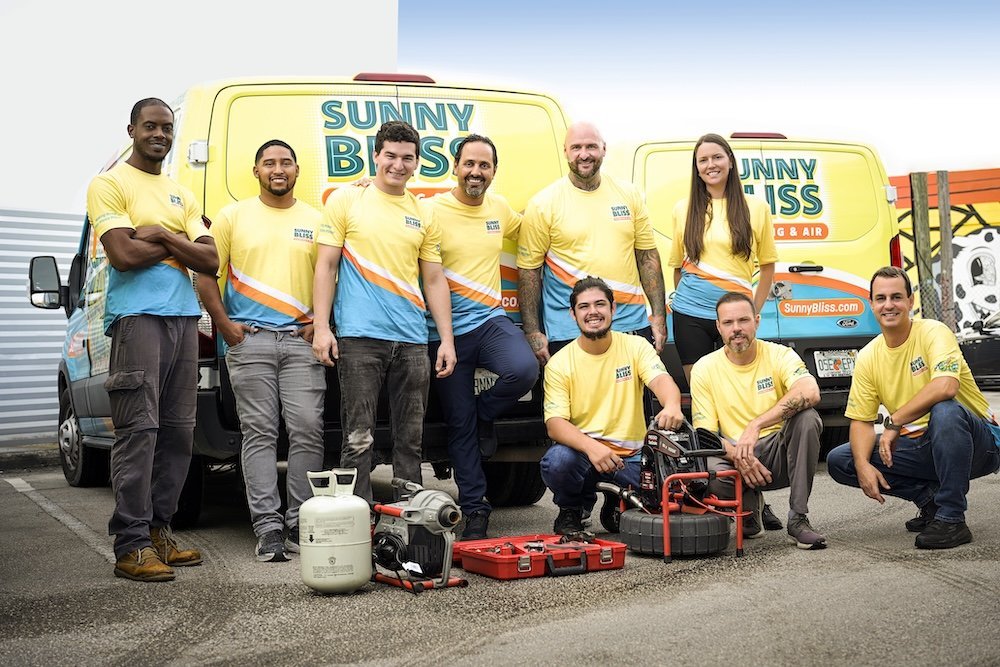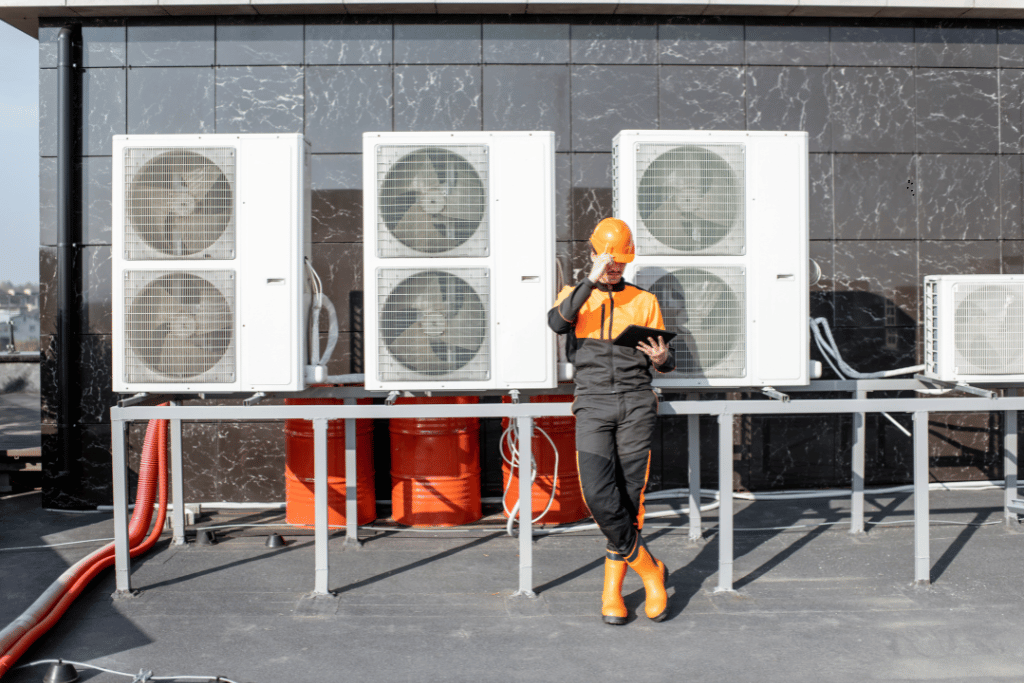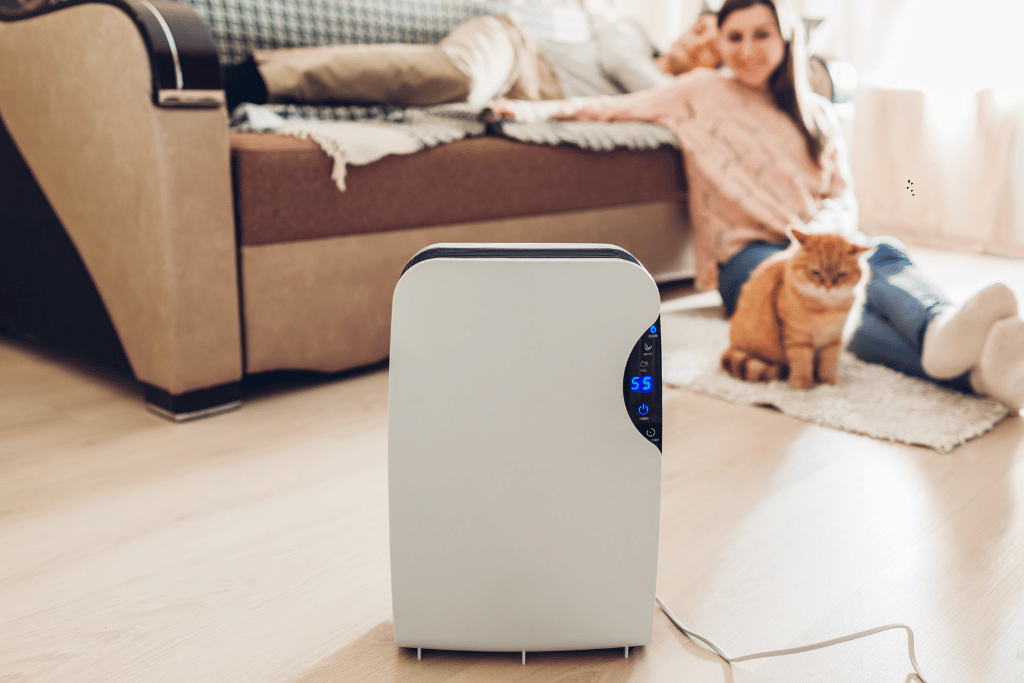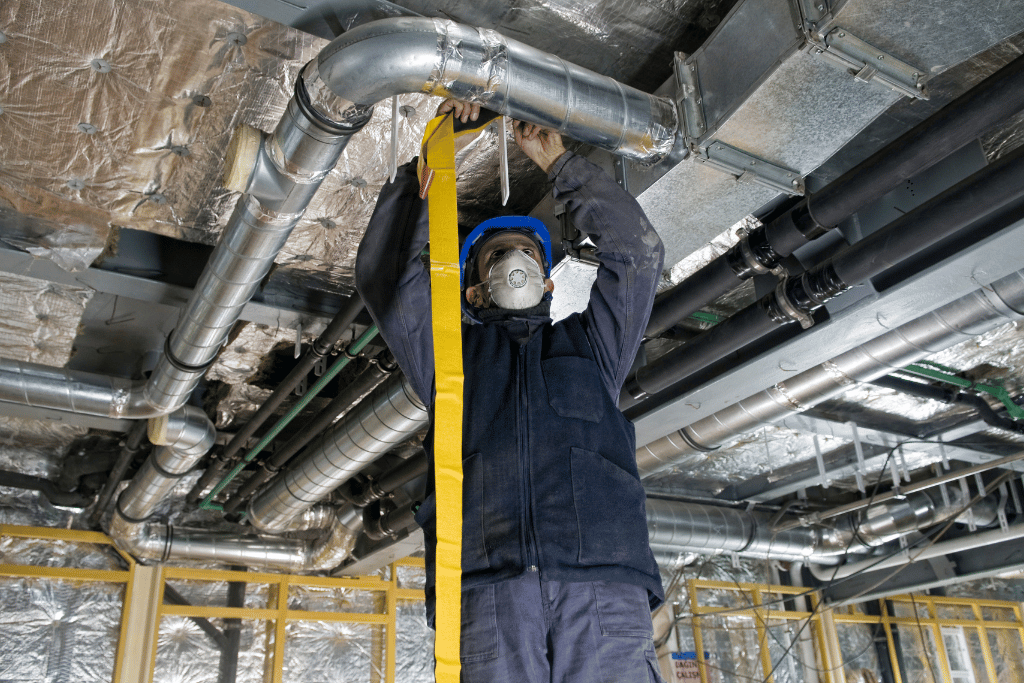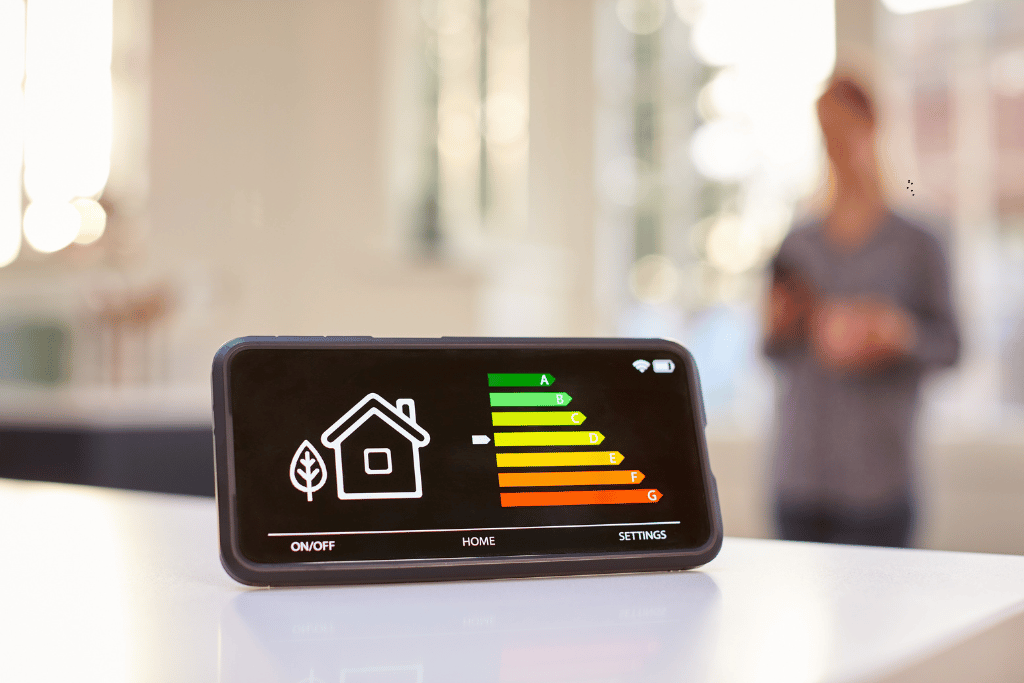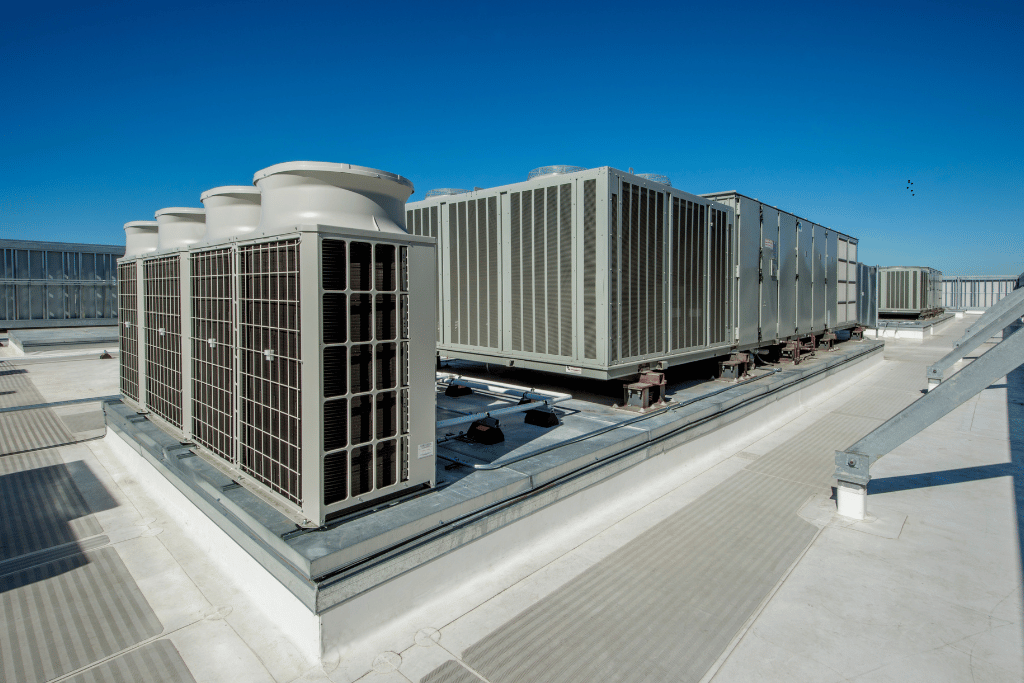Why does my air conditioning system struggle to maintain comfortable temperatures during Miami summers?
Miami’s extreme heat and humidity create unique challenges for air conditioning systems. If your AC system is working harder yet failing to cool effectively, several Miami-specific issues may be responsible:
- Undersized system for Miami’s climate: Many homes have air conditioners that weren’t properly sized for our tropical conditions. An undersized unit will run continuously, struggling to reach the set temperature.
- Salt air corrosion: Our coastal location exposes outdoor units to salt air, which can corrode components and reduce efficiency far faster than in inland locations.
- Excessive humidity: Miami’s high humidity levels require your system to work harder to remove moisture from the air, reducing its cooling capacity.
Solution: At Sunny Bliss, we perform Miami-specific load calculations when installing or replacing systems, accounting for our unique climate factors. We also recommend salt-resistant components for homes closer to the coast.
How often should I replace my air filters in Miami?
In Miami, we recommend checking filters monthly and replacing them every 30-45 days, which is more frequent than the national average. This is necessary because:
- Our longer cooling season means your system runs more often.
- Higher humidity levels can lead to accelerated mold growth on filters.
- Miami’s construction boom creates more dust and particulates in the air.
- Pollen seasons are longer and more intense in South Florida.
Dirty filters restrict airflow, causing your AC system to work harder and increasing your energy bills. Regular filter changes are especially important for Miami residents with allergies or respiratory conditions.
Why do my evaporator coils get dirty so quickly in Miami?
Dirty evaporator coils are a common problem in Miami due to:
- Higher humidity levels that create ideal conditions for mold and mildew.
- Salt air that can accelerate corrosion and dirt accumulation.
- Year-round operation that provides less downtime for components.
- Open windows during our brief “winter” that introduce more contaminants.
When evaporator coils become dirty, they can’t absorb heat effectively, forcing your air conditioner to work harder while providing less cooling. This leads to higher energy costs and potential system failure.
Why is my indoor unit not turning on?
If your indoor unit isn’t turning on, the issue could be related to the ignition system or gas supply. First, check if the thermostat is set correctly and the circuit breaker hasn’t tripped. If your system uses gas, ensure the gas supply valve is open and supplying fuel. A faulty ignition system – such as a dirty igniter or a malfunctioning pilot light; can also prevent the unit from operating. If troubleshooting doesn’t resolve the issue, it’s best to call a professional HVAC technician for a thorough inspection.
